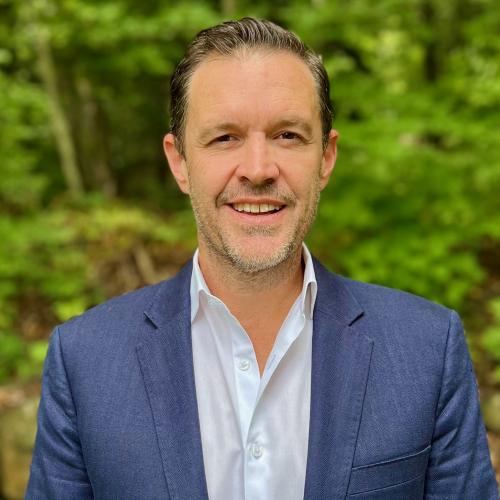
Agi Hamburger
VP Drug Discovery
A2 Biotherapeutics

Timothy Londergan
CEO & Founder
Tangibly

John Stone
Partner
DeCotiis, Fitzpatrick, Cole & Giblin

Karolos Korkas, PhD
Head of Algorithmic Trading Model Risk
Nomura
Karolos is the head of algorithmic trading model risk at Nomura managing the model risk of all electronic trading models across the bank, globally and for all asset classes. Previously, he worked at Citi as a lead validator for algo trading models, and at MUFG in the electronic trading space (FX market making) as a front office quant trader where he prototyped trading models using statistical and machine learning methods. He holds a PhD in Statistics from the London School of Economics.